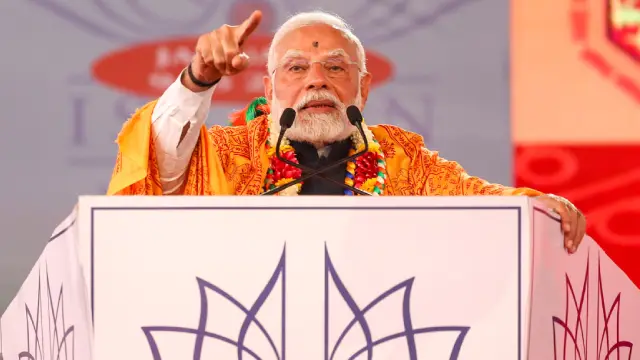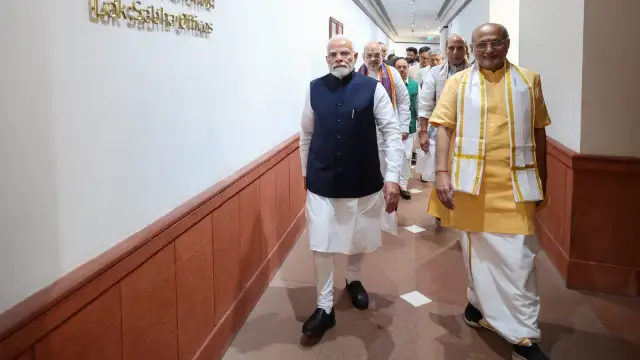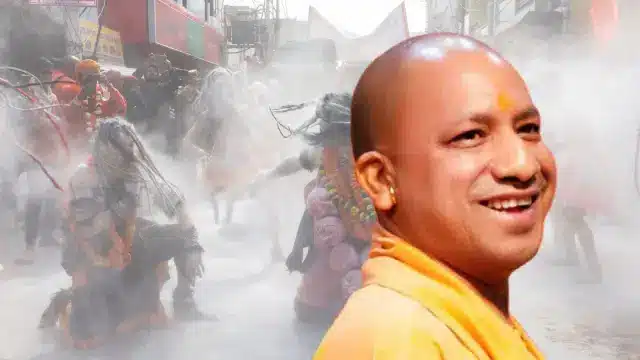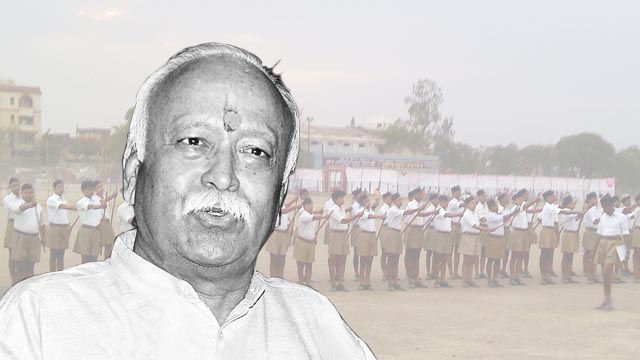Indian Prime Minister Narendra Modi has taken a tough stance against Bangladesh’s interim government, which New Delhi accuses of persecuting minority Hindus in the Muslim-majority country, by taking part in the inauguration of an International Society for Krishna Consciousness (ISKCON) temple at Kharghar in Maharashtra’s Navi Mumbai on Wednesday, January 15th.
While Bangladesh’s government agencies and activists accuse ISKCON of spreading disharmony in the country by instigating minority Hindus at the behest of India, Mr Modi’s presence at the event delivered a covert message to Dhaka that New Delhi won’t leave the global organisation with roots in India.
Mr Modi claimed that the spirit of service is deeply rooted in the Hindu culture and that his government is continuously serving the people.
“This spirit of service brings true social justice and is a symbol of true secularism. The main foundation of our spiritual culture is the spirit of service. India is not just a piece of land surrounded by geographical boundaries. It is a living land, a living culture. Knowledge is spirituality and if we want to understand India, we have to imbibe spirituality,” Mr Modi underscored taking a potshot at the neighbouring country.
Countering Bangladesh’s allegations, Mr Modi highlighted that the ISKCON followers across the world are connected by their devotion to Lord Krishna, a Hindu deity.
While there have been attempts in Bangladesh to ban ISKCON using lawsuits and one of the former ISKCON monks, Chandan Kumar Dhar, known as Chinmoy Krishna Das Brahmachari, remains in judicial custody over his alleged role in “anti-national conspiracies”, Mr Modi hailed the organisation and claimed that the “spirit of service” that “ISKCON promotes” help inspire the youth and motivate them to create a society that promotes human values.
“It inspires people to heal in India and look after their well-being,” he said, without mentioning the organisation’s work in the neighbourhood and other countries.
Mr Modi expressed confidence that ISKCON’s temple complex, spread across nine acres, will become “a sacred centre”, enriching India’s consciousness and faith.
He hailed Srila Prabhupada Swami—born as Abhay Charan De—who founded ISKCON in the late 1960s and popularised the “Hare Krishna” movement at the peak of the hippie movement in the US and the West.
Countering the narrative of Dhaka that the ISKCON members are involved in stirring trouble in the country, Mr Modi hailed that ISKCON operates with the conviction of service, contributing to education, health, and the environment.
The prime minister also highlighted that ISKCON was undertaking significant service activities at the ongoing Mahakumbh Mela in Prayagraj.
Linking his government’s performance with that of the culture of “service”, Mr Modi said the country has been simultaneously experiencing progress in development and heritage, for which he hailed the contributions of Hindu organisations like ISKCON.
Highlighting the emphasis his government lays on Hindu temples and religious sites, the prime minister claimed that these sites have been centres of social consciousness for centuries and have played a crucial role in promoting education and skill development.
Mr Modi commended ISKCON’s youth members for embracing modern technology while following ancient Hindu traditions and turning into a model for others.
Indirectly criticising Bangladesh’s tirade against ISKCON members, allegedly involved in stirring trouble, Mr Modi stressed the need to create a society of sensitive individuals who advance with human qualities and a sense of belonging.
The ISKCON temple in Kharghar, the Sri Sri Radha Madanmohanji Temple, includes a temple with several deities, a Vedic education centre, proposed museums and auditorium, healing centre, among others, according to the organisation.
Join our channels on Telegram and WhatsApp to receive geopolitical updates, videos and more.




